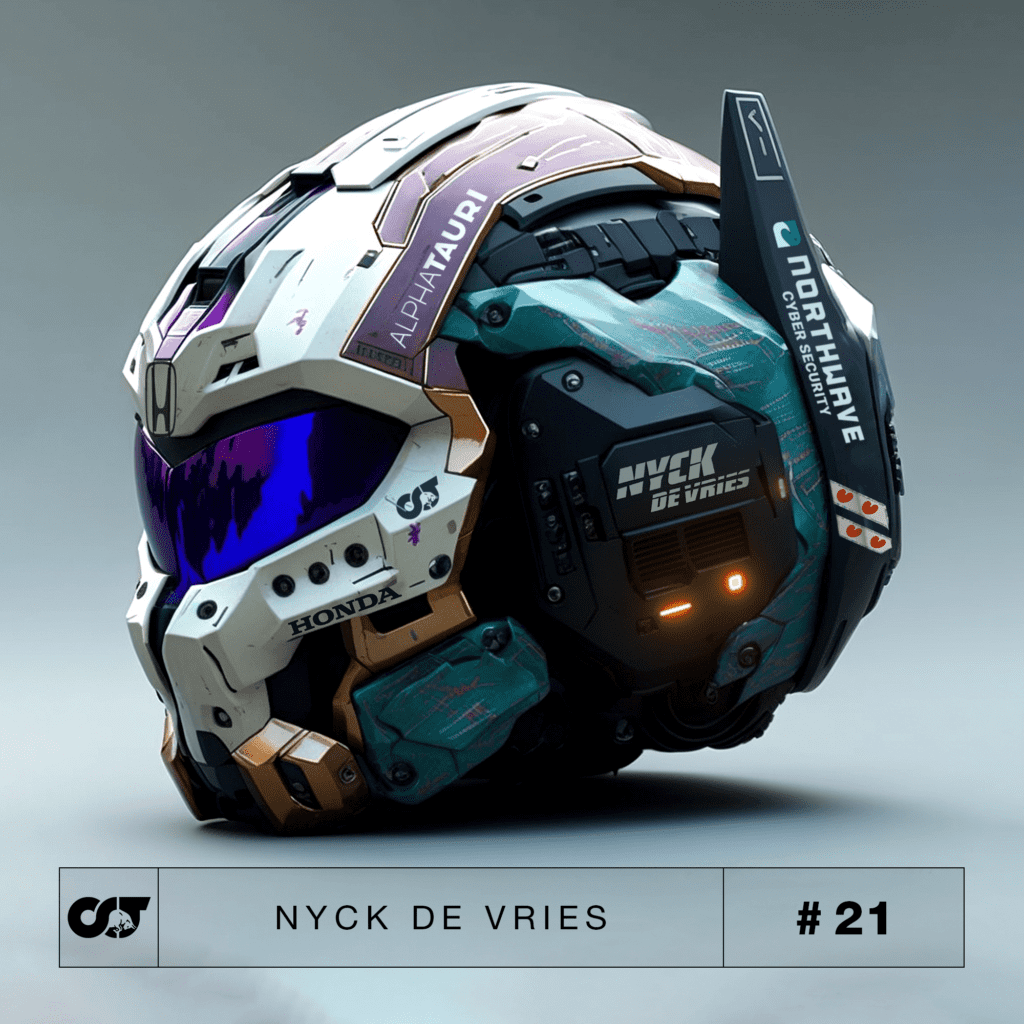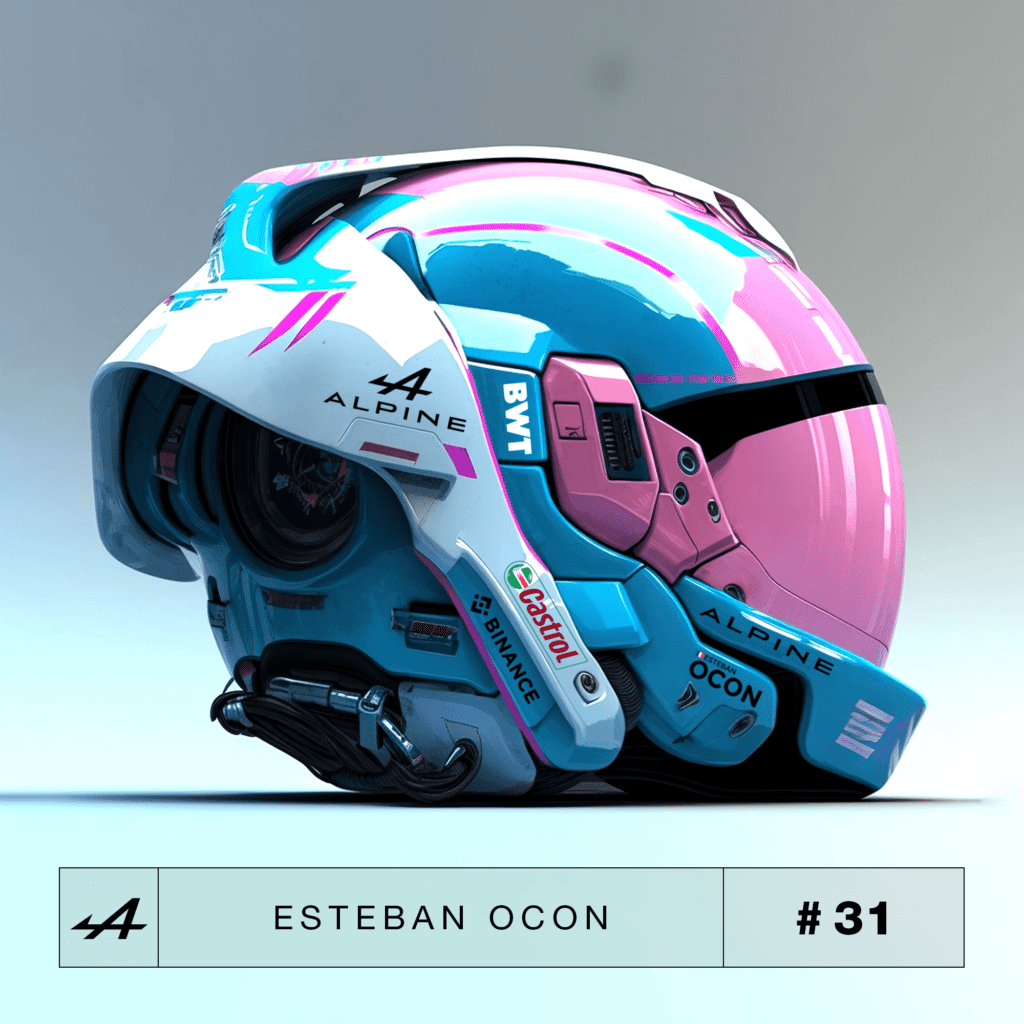Revolutionizing Loyalty Programs in Web 3.0: A Paradigm Shift in Customer Retention
"In the age of Web 3.0, loyalty rewards programs are poised to reshape customer engagement, offering businesses an unparalleled opportunity to foster lasting connections with their audience."
| Innovation |
February 28, 2023
Fast Facts:
- Web 3.0 loyalty rewards programs leverage blockchain technology to offer transparent and immutable loyalty ecosystems.
- These programs enable customers to own and trade their loyalty rewards tokens, creating a sense of tangible value and empowering users.
- The decentralized nature of Web 3.0 loyalty programs eliminates intermediaries, reducing costs and increasing rewards for both businesses and customers.
- Smart contracts play a crucial role in automating reward distribution and ensuring seamless and secure transactions within the loyalty ecosystem.
- Web 3.0 loyalty rewards programs have the potential to attract a broader range of customers by incorporating gamification elements and integrating with other decentralized applications (dApps).
In the rapidly evolving landscape of digital commerce, loyalty rewards programs have always been a valuable tool for businesses to cultivate customer loyalty. However, with the advent of Web 3.0 and blockchain technology, a new era of loyalty programs is emerging. This article explores the transformative power of Web 3.0 loyalty rewards programs and how they are set to revolutionize customer engagement.
The Rise of Web 3.0 Loyalty Rewards
Web 3.0 loyalty rewards programs, powered by blockchain technology, are poised to redefine the way businesses engage with their customers. Unlike traditional programs, these innovative systems utilize decentralized networks, enabling customers to have full ownership and control over their loyalty rewards. By leveraging blockchain’s transparency and immutability, businesses can foster trust and provide tangible value to their customers.
"Web 3.0 loyalty rewards programs offer businesses an unprecedented opportunity to foster lasting connections with customers through decentralized ownership, empowering engagement, and immersive experiences. The future of customer loyalty has arrived."
Empowering Customers Through Decentralization
One of the key advantages of Web 3.0 loyalty rewards programs is the elimination of intermediaries. By leveraging smart contracts, these programs automate reward distribution, removing the need for a centralized authority. This decentralization not only reduces costs but also empowers customers by allowing them to trade and transfer their loyalty rewards tokens. As a result, customers feel a sense of ownership and are more likely to actively engage with the program.
Gamification and Integration for Enhanced Engagement
Web 3.0 loyalty rewards programs go beyond traditional models by incorporating gamification elements and integrating with other decentralized applications. By introducing game-like features, such as challenges, leaderboards, and achievements, businesses can create a more immersive and interactive loyalty experience. Additionally, integrating with dApps expands the utility of loyalty rewards, allowing customers to use their tokens in various ecosystems, further enhancing engagement and adoption.
For instance, an e-commerce platform successfully implemented a Web 3.0 loyalty rewards program. Through their program, customers earned loyalty tokens for every purchase, which they could trade or redeem for exclusive discounts, limited edition products, or even stake in the company. The transparent nature of the blockchain-based system instilled confidence in customers, resulting in increased participation and brand loyalty.
Read full source(s):





















